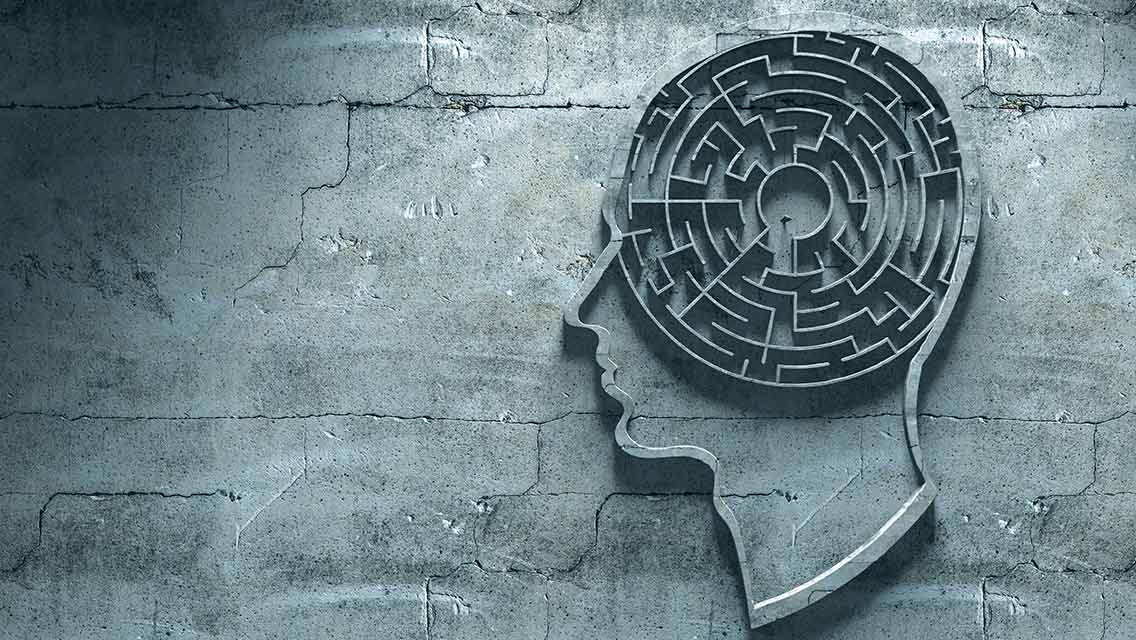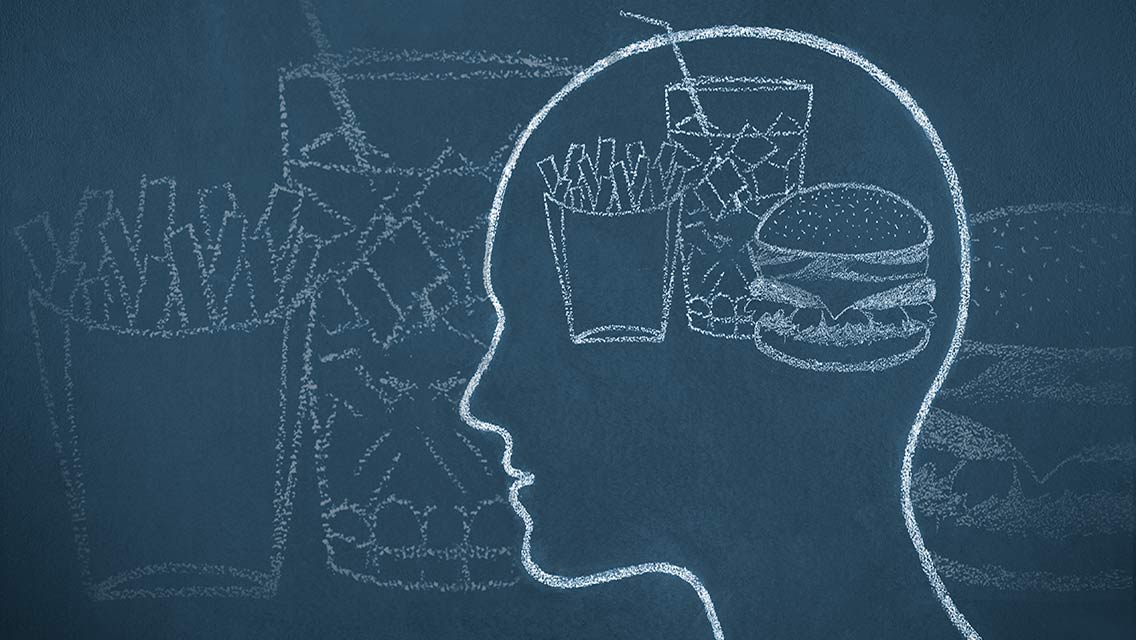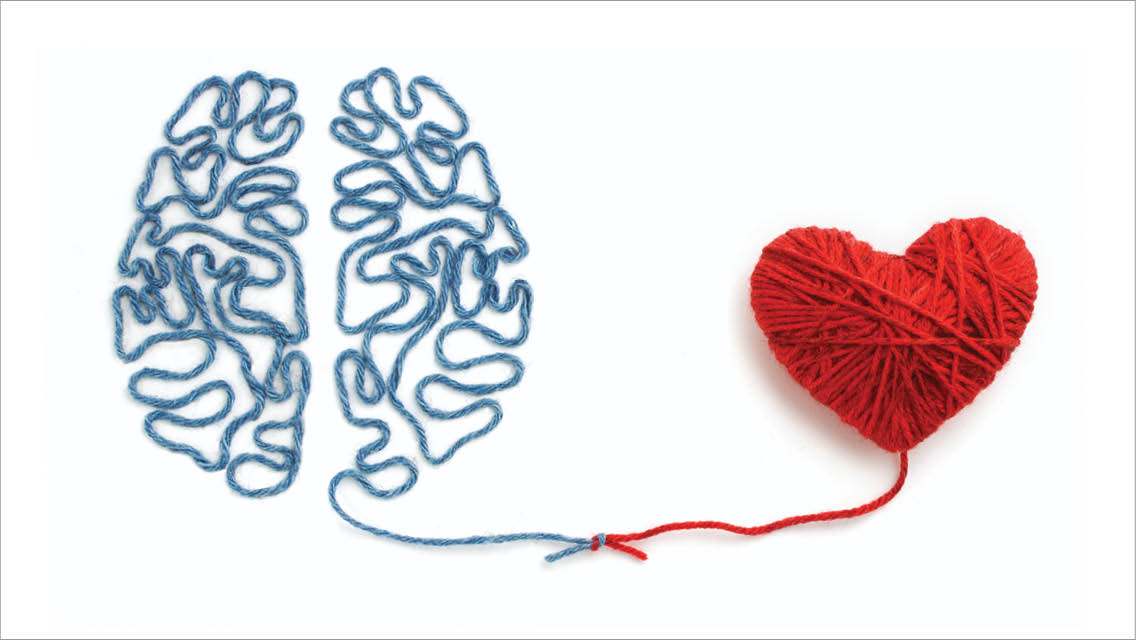Brain Health
LATEST STORIES
12 Key Nutrients for Mood Support
According to nutritional psychiatrist Drew Ramsey, MD, these are the most important nutrients for supporting your mental health.
8 Ways to Support Your Mental Health With Food
There are no instant solutions to mental health challenges, but a few relatively easy dietary interventions can help stabilize and improve your mood over time.
4 Ways That Nutrition Can Negatively Affect Our Mood
Building a solid nutritional foundation for mental health starts with recognizing how food may be contributing to low mood. These are some of the factors.
How to Keep Your Brain Healthy as You Age
Our brains age just like the rest of our bodies, and just like it’s important to care for our bodies so we can move functionally well for as long as possible, it’s also essential to do everything we can to maintain and support healthy brain function as the years pass by. With the current absence of effective treatment options for most neurological diseases, prevention really is the best treatment for them, and it’s never too early — or too late — to start. Edward Park, PhD, explains what to know about normal and abnormal brain aging, as well as the lifestyle strategies we have control over to support our brain health and help reduce the risk of decline and disease.
What Is Brain Fog?
Having trouble concentrating? Feeling confused and forgetful? You may be the victim of what’s become known as brain fog.
A Prescription for Frustration
With the FDA poised to approve the latest Alzheimer’s drug, a respected dementia expert suggests our healthcare system isn’t yet capable of employing it effectively.
Can Exercise Improve Memory?
The answer is nuanced, according to a recent study, but in general, people who are more active perform better on memory tests than people who are less active.
Healthy Aging and the Brain: 5 Ways to Improve Neuroplasticity
The importance of exercising our brains as we age and advice for easy ways to strengthen cognitive functioning.
8 Key Supplements to Boost Your Mental Health — Naturally
Herbs, supplements, and other natural remedies promote well-being — yet separating help from hype can be challenging. Follow this expert guidance.
5 Surprising Factors to Reduce the Risk of Dementia
Eating well, prioritizing sleep, and exercising help to protect against dementia, but there are other several other factors that play an important role as well. Learn more.
What Is Inflammation?
Inflammation is a natural bodily response that is essential in acute circumstances — we need it to happen we get a paper cut or if we’re fighting a head cold. Its harmful effects occur, however, when it becomes chronic and systemic. Functional-medicine practitioner Gregory Plotnikoff, MD, shares what to know about inflammation, including what causes it, how it impacts our health, ways we can test for it, and proactive steps we can take in our daily lives to tame it.
Got the Blues? Ultraprocessed Food May Be to Blame
Highly processed foods, which are typically high on the glycemic index, can reduce levels of serotonin and dopamine — and potentially contribute to depression and anxiety.
How Chronic Inflammation Affects Your Health
Our bodies need inflammation to fight off infection, but too much of it for too long can spur a wide range of illnesses. Learning to manage it effectively is key.
PUMPING IRONY: Don’t Just Sit There, Do Something!
Sitting may be the new smoking, but recent research suggests that what you happen to be doing while parked in a chair — or on the couch — may mitigate its effect on your aging brain.
What Are the Risk Factors and Triggers for Functional Neurological Disorders?
It turns out there are a variety of different triggers, say experts.
PUMPING IRONY: A Parley With Parkinson’s
While I only occasionally wonder whether Parkinson’s awaits me somewhere down the road, recent research provides some calming evidence that lifestyle changes may help keep the disease at bay.
What Is a Functional Neurological Disorder?
Hybrid disorders of the brain, mind, and body once confounded physicians and researchers. Today experts are beginning to uncover the conditions’ complexities — and how to treat them.
PUMPING IRONY: This Is Your Brain on Junk Food
As Big Pharma’s latest Alzheimer’s drug faces renewed skepticism, a new study suggests that avoiding ultraprocessed food may be a more promising approach to maintaining healthy cognitive function as we age.
What Are Seniors’ Most Common Mental Health Issues?
Depression and physical decline are just two issues many seniors face.
What Happens to Your Brain When You Fall in Love
Stephanie Cacioppo, PhD, shares what happens to your brain when you fall head-over-heels for someone.
PUMPING IRONY: Movement and Memory
Physical activity has long been shown to improve cognitive function, but a new study suggests we may be able to modify our workouts to boost specific types of memory.




















